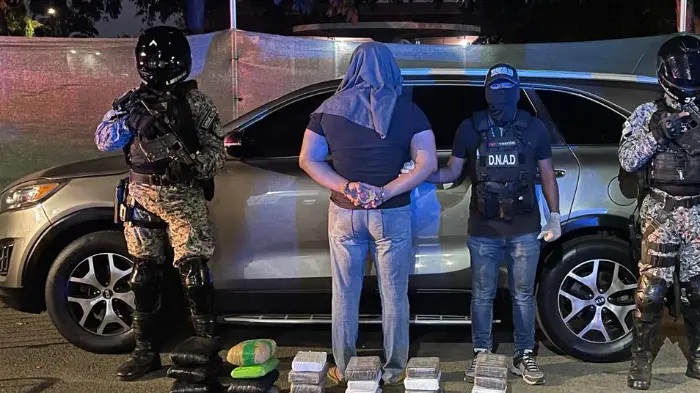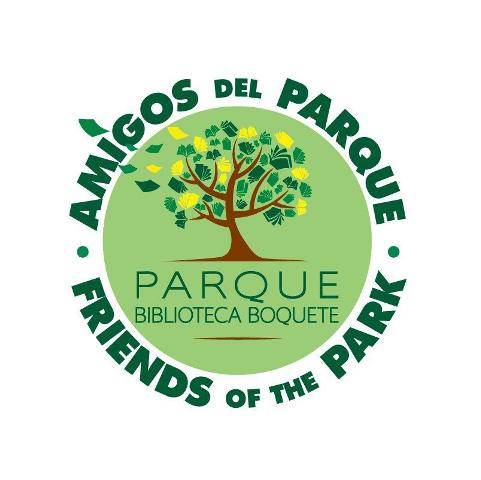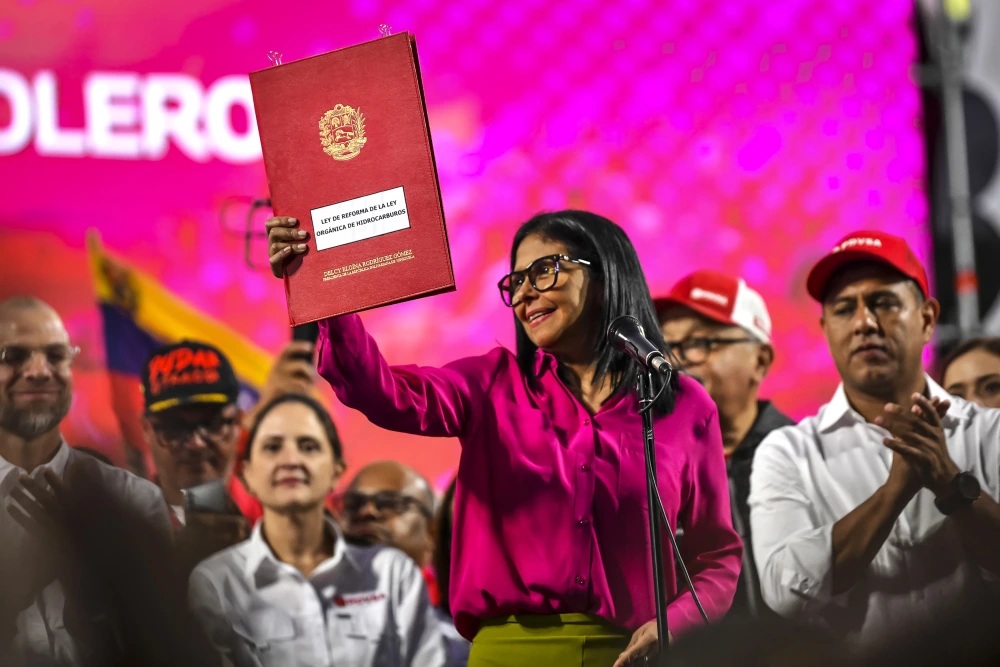UN condemns Panamas racial discrimination and plice violence

Panama has received a strong slap on the wrists from the United Nations for racial discrimination policies and police violence.
Added to concerns about corruption, judicial impartiality and security, it is not the sort of news the government wants to hear while endeavoring to raise its status in the eyes of the world and increase tourism and investment
The United Nations Committee on the Elimination of Racial Discrimination has produced a report about the eviction of indigenous communities as a result of the construction of energy, mining, and tourism projects
"The committee is concerned, in particular, with the violence and use of police force in these incidents…the situation is even worse when violence is exercised during evictions," says the report.
In the document, published March 16, the UN committee questions the persistence of racial discrimination against the Afro-Panamanian and Indigenous communities, which remain vulnerable to human rights violations. It also expresses concern that "there is no general provision prohibiting discrimination and criminalizing acts of racial discrimination" in the country.
The report refers to the eviction of the Naso communities of San San and San San Drui, in Bocas del Toro, where a legal dispute with the company Ganadera Bocas erupted after the indigenous communities were evicted from the land they believe to be their “ancestral grounds” when the company announced they had legal title to the lands.
The document also refers to the case of indigenous groups who have been displaced from their communities due to the building of the Chan 75 hydroelectric project along the Changuinola River in Bocas del Toro.
The lack of effective consultation mechanisms with indigenous peoples for the realization of such works is the main concern of the committee.
It is imperative says the report to obtain the prior and informed consent of indigenous peoples for the development of projects that intend to exploit natural resources and tourism.
Eliseo Vargas, leader of the Naso indigenous<community received the report with skepticism said La Prensa. "We hope these reports will be more binding and that the government will take them into account" he said, adding that, unfortunately, these agencies do not require governments to comply with or abide by what is stipulated in black and white.
The report also expressed concern about "the practice of racial profiling used by police against people of African descent." The agency calls on officials to thoroughly investigate and punish such practices. It further recommends that authorities pay closer attention to the detention conditions of Afro-Panamanians prisoners.
La Prensa said it had sent the report to the Presidency of the Republic to and to the director of Indigenous Policy, José Isaac Acosta, but had received no reaction.





